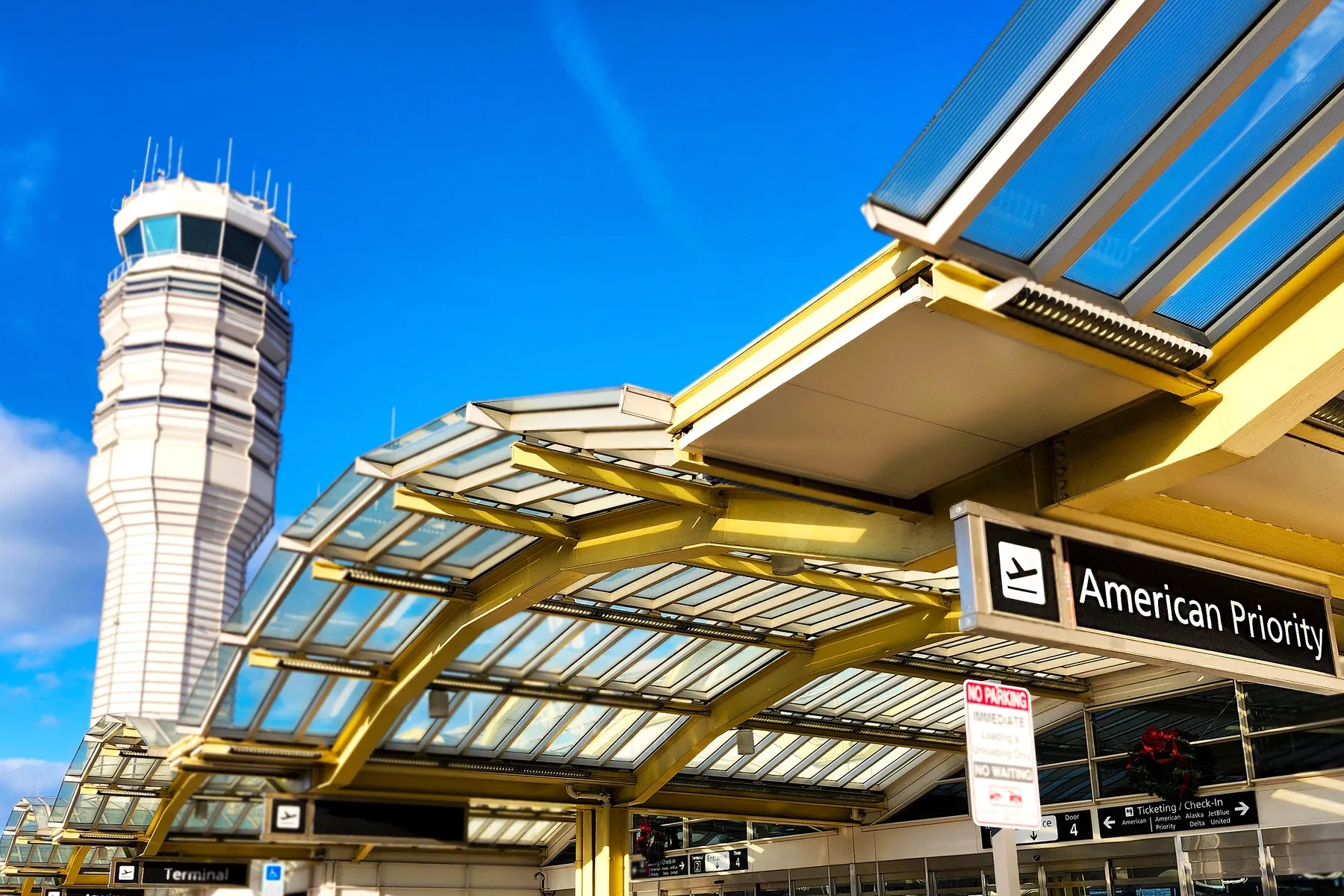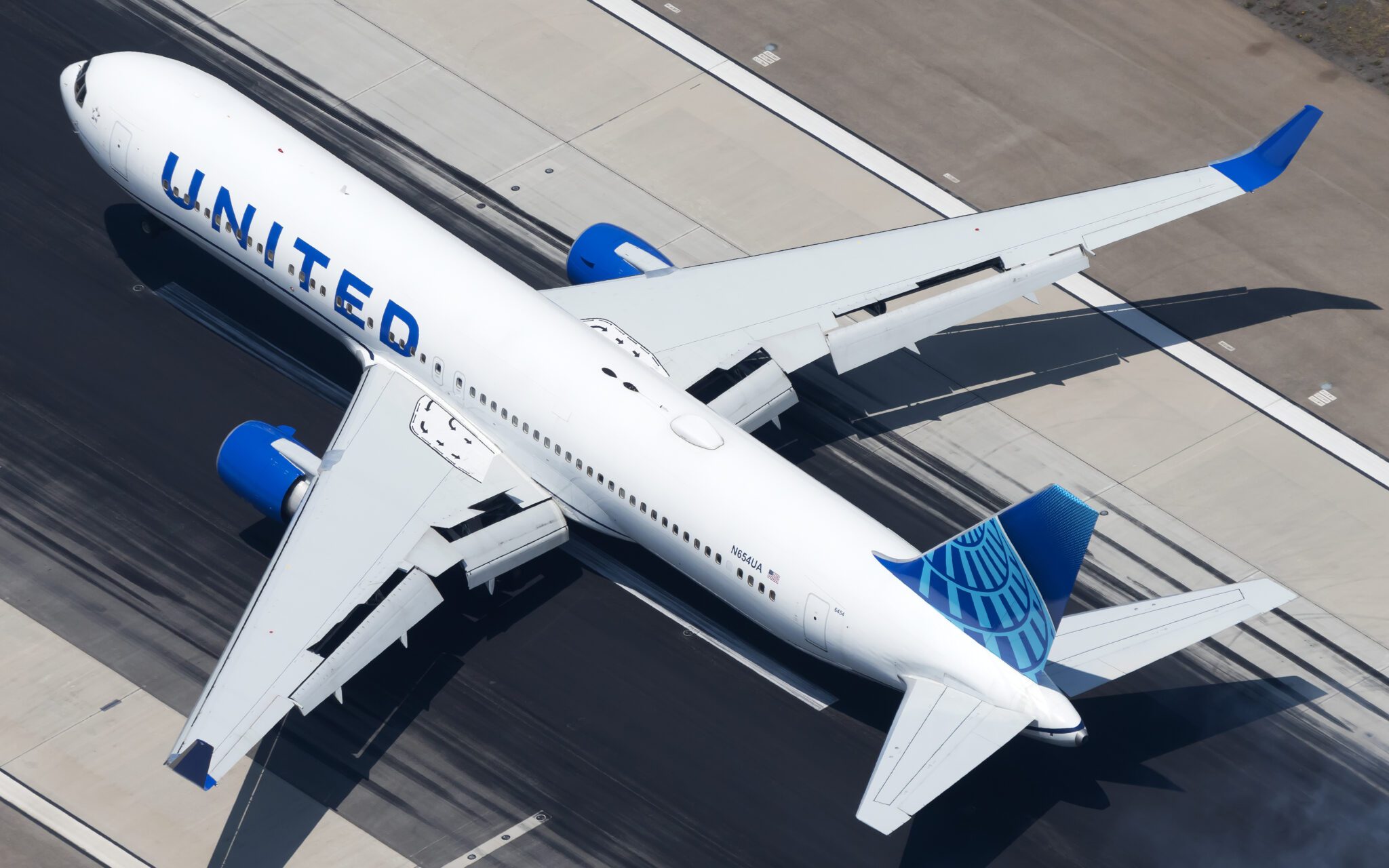As PreCheck Hits Its Stride, TSA Dials Back on Randoms in the Fast Lane
Skift Take
A blessing for many business travelers over the last several years has come in the form of TSA Precheck (or TSA Pre✓®), the expedited airport screening line that saves passengers the hassle of taking off their shoes or unpacking their bags. Initially started in 2011, the program has become a crutch for many travelers who often rush through the airport at the last minute and rely on the faster lines.
In general, the program has enjoyed wide success with one main complaint: not the speed of the lines but their length. Between wide adoption from savvy travelers and strong support from airlines and airports, lines can get terribly long, driving anxious travelers to the point of distress. Adding to that frustration has been a tactic that the TSA has been using to both manage long queues as well as potentially market the Precheck program. Often, the agency will take passengers internally determined as low threats and give them temporary Precheck status, funneling groups like heavy frequent fliers or elderly travelers into the queue. Called "managed inclusion," it's a strategy that helps balance lines but that can also drive some passengers accustomed to faster, more experienced travelers batty.
Precheck has since grown to over 1M users and now that it's well-deployed, the agency is tapering back on its managed inclusion program. The agency first made note of the changes in a blog post on March 26th, noting that passengers who didn't have a Known Traveler Number or KTN through a direct Precheck signup or through a partner program like Global Entry would "notice a reduction in the frequency in which they are chosen for TSA Pre✓®."
Domestic airlines are also following up with their frequent fliers. American Airlines emailed their passengers on April 6th, saying "If you're not already a member of one of the Trusted Traveler programs like Global Entry or the TSA Pre✓® Application Program, you will probably see a decline in how often you receive expedited screening, even if you've previously 'opted-in' through a frequent flyer program."
Out at the airport, this now means that Precheck lines will start seeing fewer random passengers and more of the seasoned veterans. And as that cohort continues to get more experience at the checkpoint, average wait times may fall even further. Only then, at long last, will Precheck open its throttle.




